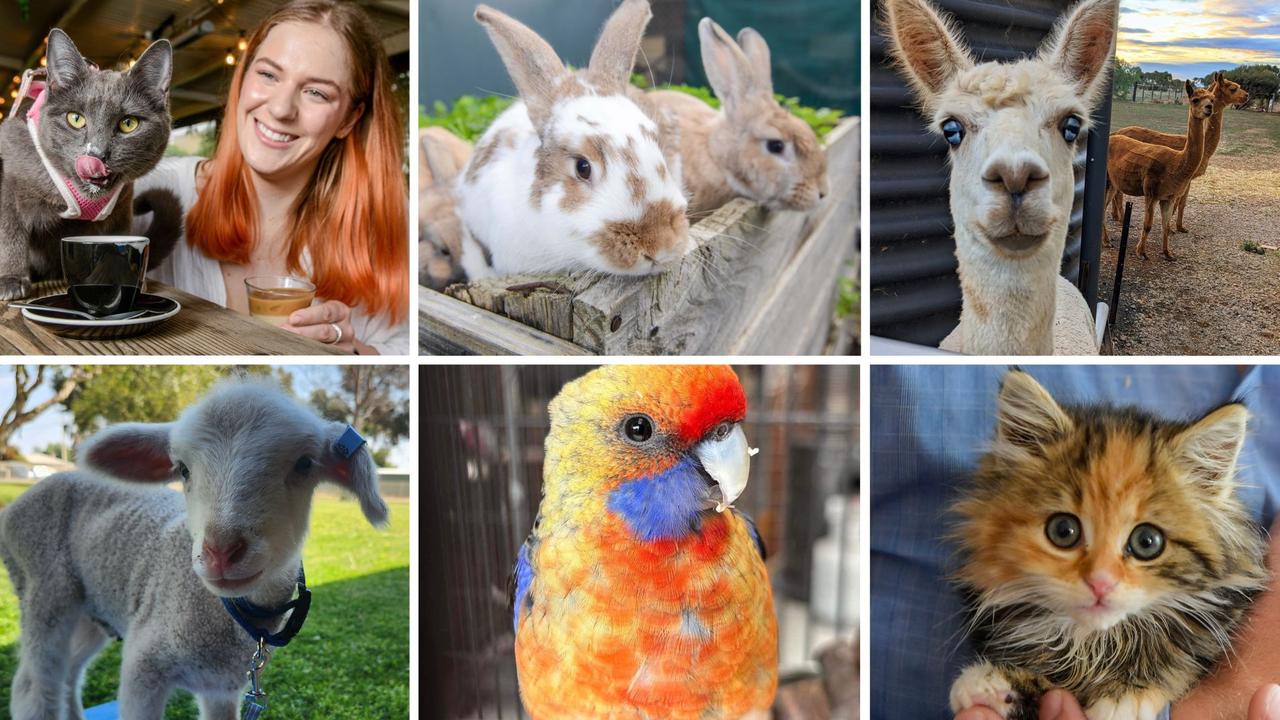It is common for many pet lovers to feed street dogs regularly which is a noble gesture as in the absence of hygienic food, our canine friends living in streets may eat out of garbage and contract diseases. Human love and care also go a long way in nurturing the lovable creatures. However, while feeding street dogs, one should be careful about the foods that can do more harm than good. There are certain foods that are toxic to street dogs and can lead to allergies, diseases and disorders. Grapes, raisins and cherries are an absolute no-no for canine children and sweetened snacks may have xylitol, an artificial sweetener which can cause liver damage or blood clotting issues in dogs. Dairy should also be avoided as many dogs are lactose intolerant. (Also read: Is your dog avoiding you? 5 reasons this could be happening)
“Dogs can be fed several types of food with careful attention to nutritional value and toxicity. Home-cooked food is economical and can be nutritionally appropriate if the right items are selected. However, not all home-cooked food is safe for dogs: like food containing oil, spices, and some ingredients that can be toxic to dogs,” says Dr Piyush Patel, Vet and Senior Manager, Humane Society International/India.
5 FOOD ITEMS YOU SHOULD NEVER GIVE A STREET DOG
Dr Patel lists the food items which should be avoided for street dogs:
1. Garlic and onion
In India, many people offer leftover homecooked food to strays and most of the time it contains garlic and onion. Both these items contain thiosulphate, which damages dogs’ red blood cells and can lead to anaemia. Beware of foods which contain even traces of garlic and onion.
2. Sweetened snacks
During festivals, people feed leftover sweets to street dogs. These often contain xylitol, an artificial sweetener commonly found in cookies, sweets, candies, and chewing gums. Xylitol can be life-threatening for dogs as it can lead to acute liver disease and blood clotting issues. Avoid giving sweets or mass-produced biscuits to street dogs.
3. Chocolates
Chocolate contains the chemical theobromine that is extremely detrimental to dogs. Theobromine can cause a significant increase in blood pressure in dogs, which could lead to the failure of many essential organs and the nervous system.
4. Dairy items
Most dogs are lactose intolerant. The digestive systems of most adult dogs are not suited to break down the fat found in dairy products, milk or foods containing milk cause difficulties like vomiting and diarrhoea. Experts sometimes suggest diluted milk for puppies as it is a good replacement for mother’s milk. In cases of malnourished lactating mothers, small quantity of diluted milk can be fed to pups but not to adult dogs.
5. Certain fruits and vegetables
While most vegetables and fruits are safe for dogs, we should avoid feeding below mentioned veggies and fruits for dogs:
- Grapes and raisins: Both can cause sudden kidney failure in dogs.
- Cherries: Cherry pits contain cyanide, which is harmful to dogs.
- Unripe tomatoes: The green part of tomatoes contains solanine and tomatine, which causes damage to the nervous system, kidney, and digestive tract of dogs.
- Uncooked potatoes: Solanine is also found in raw potatoes and can cause various complaints including diarrhoea, vomiting and confusion. Cooking potatoes does reduce this, but we should still avoid feeding potatoes to street dogs.
TIPS TO FEED STREET DOGS IN THE RIGHT WAY
Being a responsible caretaker is of utmost importance. If you do feed street dogs, please consider:
- Doing so in spaces not used by other residents or close to anyone’s house. Feed them at a fixed point.
- Dogs tend to be protective, and they do not want to share their food. So feed them separately to avoid fighting.
- Always keep a bowl of clean water outside your house, or residential society (away from where people walk or sit) or on the streets.
- Always feed them at a fixed time where there are least likely to be many people around – depending on the spot it could be early in the morning, mid-afternoon, or late at night.








